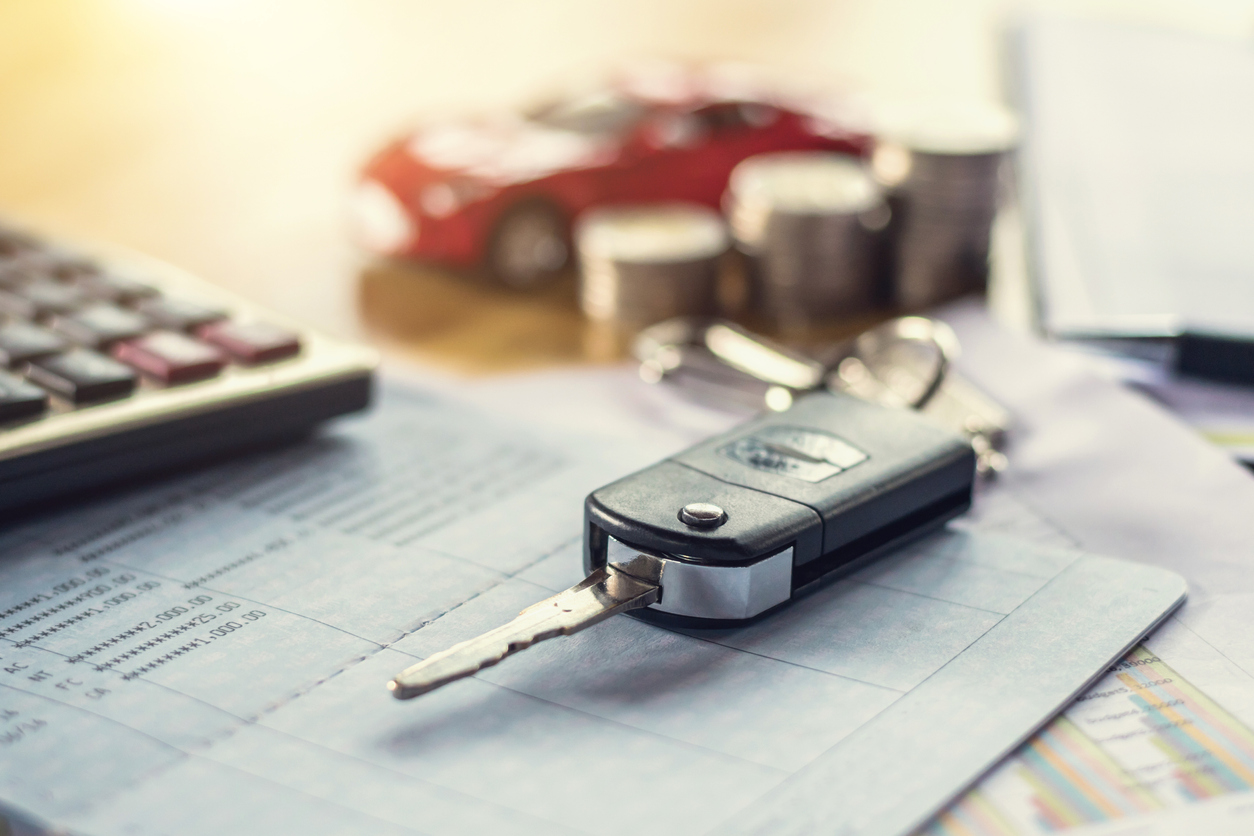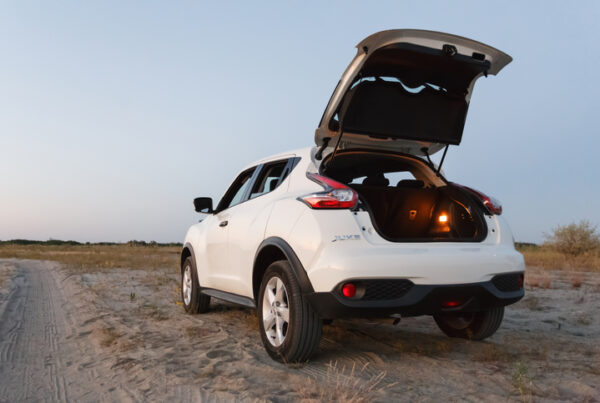COVID-19 continues to make significant changes in the way people work. This forces businesses and fleet operators to be mindful of the pandemic’s implications on their car fringe benefits (FBT) obligations. Here’s what you need to know about your FBT year-end coming up on 31 March 2022.
The Australian Taxation Office (ATO) highlights that if work cars are garaged at employee’s homes as an effect of COVID restrictions, then their FBT obligations may be affected.
Exemptions are provided for cars that are not being driven at all or are only being driven for maintenance purposes. Certain kinds of cars may also be exempt from FBT even where they are garaged at employee homes.
Furthermore, businesses using the operating cost method to determine the taxable value of their car fringe benefit may not have an FBT liability. However, they may need to adjust their business use estimates to reflect the changes in their employee’s driving patterns due to COVD-19.
On the other hand, exemptions will not apply to work cars garaged at employees’ homes that are available for private use. Because of this, business owners are required to maintain a logbook to calculate FBT liabilities accurately.
In addition, a company’s logbook requirements will vary depending on two things: 1) if it already uses use the operating cost method and have an existing logbook in place, and 2) if it will be using the operating cost method for the first time or it’s a logbook for the business.
For those with an existing logbook whose driving patterns have been impacted by COVID-19, the guidelines are as follows:
- If you’re using the operating cost method and you have an existing logbook in place, you can rely on it despite changes in driving patterns. Keep odometer records for the year to show how much the car has been driven throughout the year.
- You may keep a new logbook as long as the period is representative of your usage throughout the year.
If it is your first time using the operating cost method, or it is a logbook year for the car, the guidelines are as follows:
- keep a logbook recording details of business journeys undertaken in the car for a continuous period of at least 12 weeks (the logbook period must also be recorded in the logbook)
- keep odometer records of the total kilometres travelled in the logbook period, and the total kilometres travelled during the year, and
- estimate the number of kilometres travelled on business journeys during the FBT year.
With the unprecedented economic, business, and social impacts of the pandemic, employers must look into the FBT liabilities and exemptions on their car fleet. More details are provided by the ATO on COVID-19 and car fringe benefits.
Disclaimer: The content of this article is intended only to provide a summary and general overview of the Fringe Benefits Tax – it is not intended to be comprehensive nor does it constitute legal advice.






